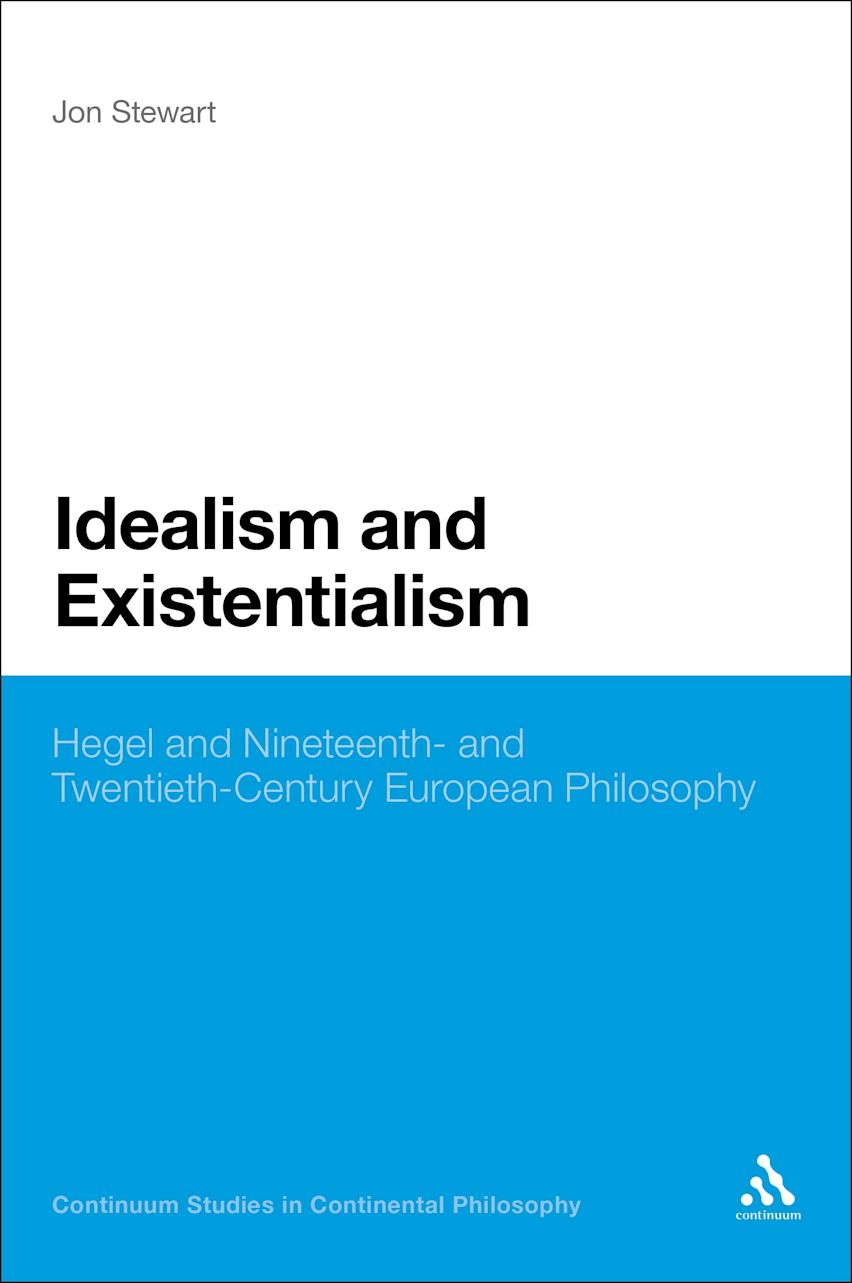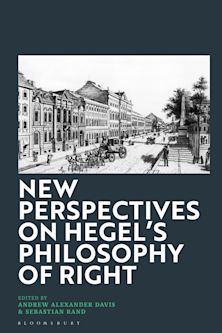- Home
- ACADEMIC
- Philosophy
- Nineteenth-Century Philosophy
- Idealism and Existentialism
Idealism and Existentialism
Hegel and Nineteenth- and Twentieth-Century European Philosophy
Idealism and Existentialism
Hegel and Nineteenth- and Twentieth-Century European Philosophy
This product is usually dispatched within 3 days
- Delivery and returns info
-
Free CA delivery on orders $40 or over
You must sign in to add this item to your wishlist. Please sign in or create an account
Description
This work aims to undermine this popular view of the radical break between idealism and existentialism by means of a series of detailed studies in specific episodes of European thought. As a whole, this book represents an important attempt to demonstrate the long shadow cast by Kant and Hegel over the subsequent history of European philosophy.
Table of Contents
Product details
| Published | Mar 29 2012 |
|---|---|
| Format | Paperback |
| Edition | 1st |
| Extent | 304 |
| ISBN | 9781441159687 |
| Imprint | Continuum |
| Dimensions | 234 x 156 mm |
| Series | Continuum Studies in Continental Philosophy |
| Publisher | Bloomsbury Publishing |
About the contributors
Reviews
-
"Stewart's fresh approach to the so-called 'antagonism' between idealism and existentialism is both welcome and edifying. His careful, nuanced scholarship encourages the reader to re-consider and re-evaluate the major debates that shaped the development of European philosophy in the nineteenth and twentieth centuries." - Daniel Conway, Texas A&M University, USA
-
According to the conventional story told by intellectual historians, the nineteenth century witnessed a major break in the philosophical tradition, jumping from German Idealism (identified with Hegel) to existentialism (identified with Kierkegaard). Jon Stewart disagrees: and in Idealism and Existentialism he challenges this account and puts forward an alternative view of Hegel. (While most of the chapters consist of articles or lectures already published in one form or another, by collecting them in book form Stewart makes them more accessible to readers and, taken in their totality, an overarching argument emerges.)
Paul Bishop, Journal of European Studies vol 42 issue 1



































